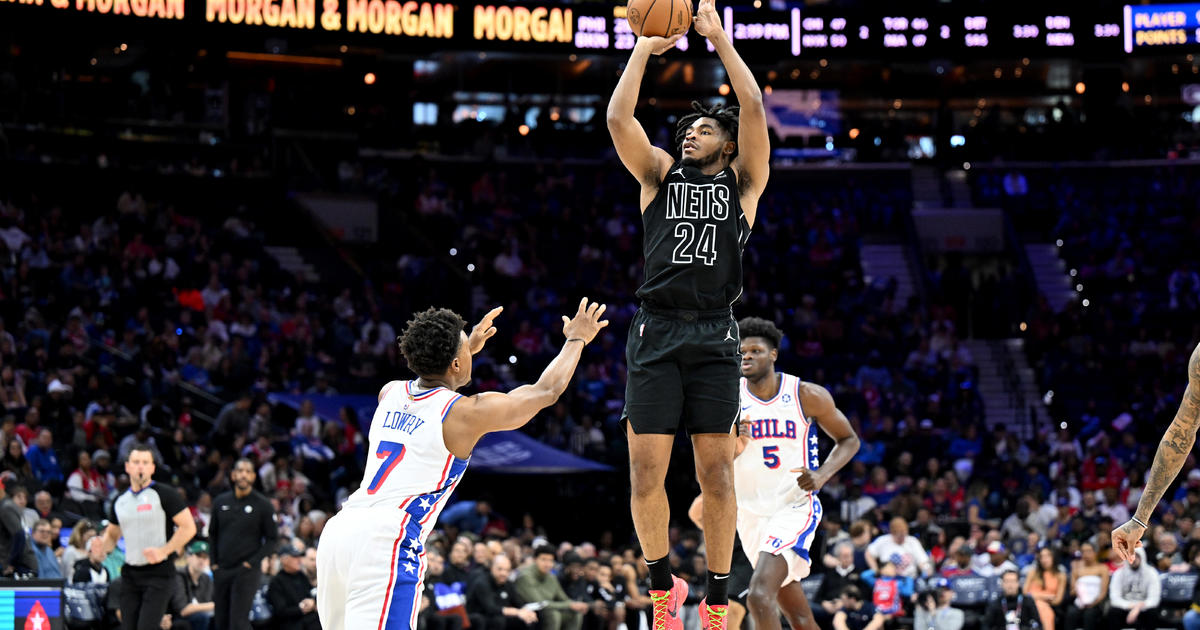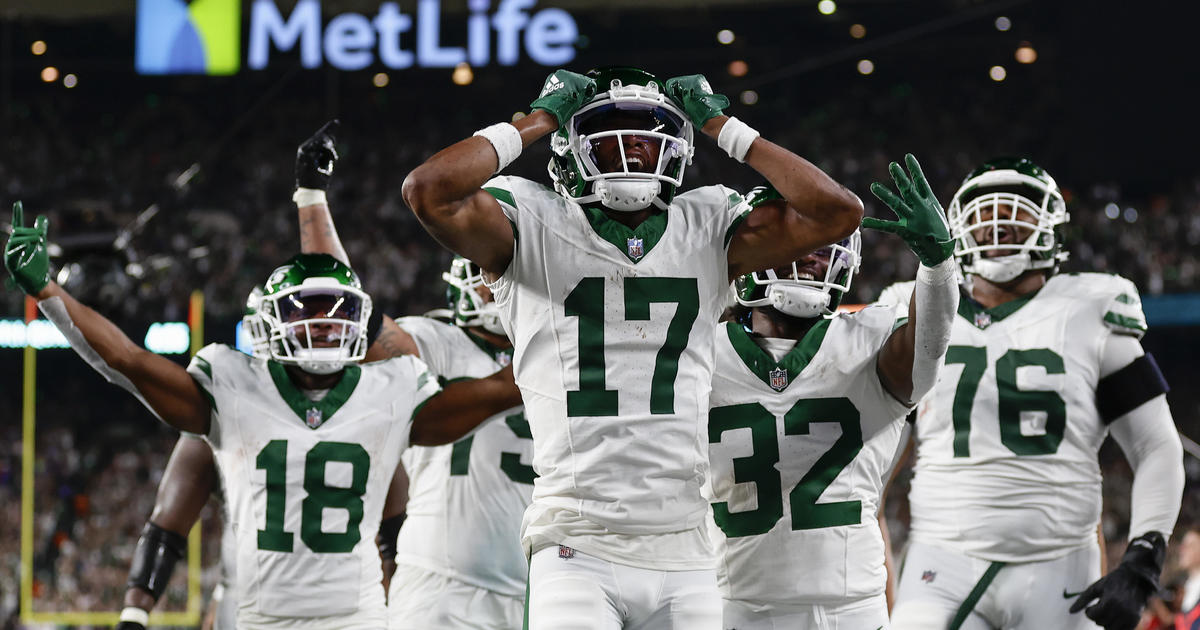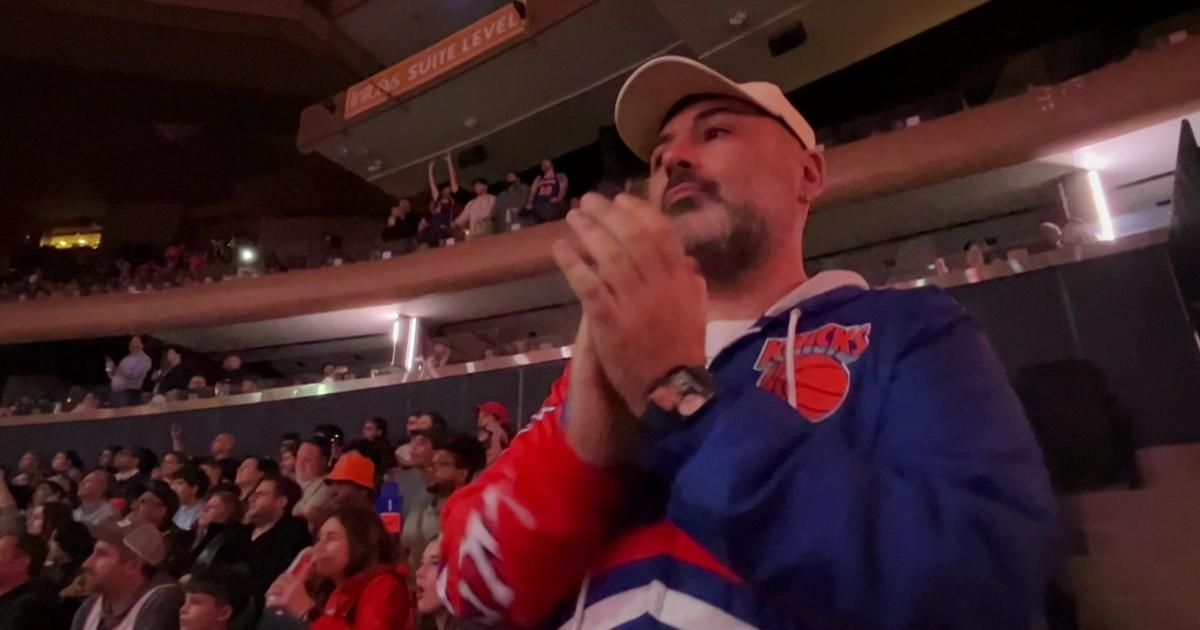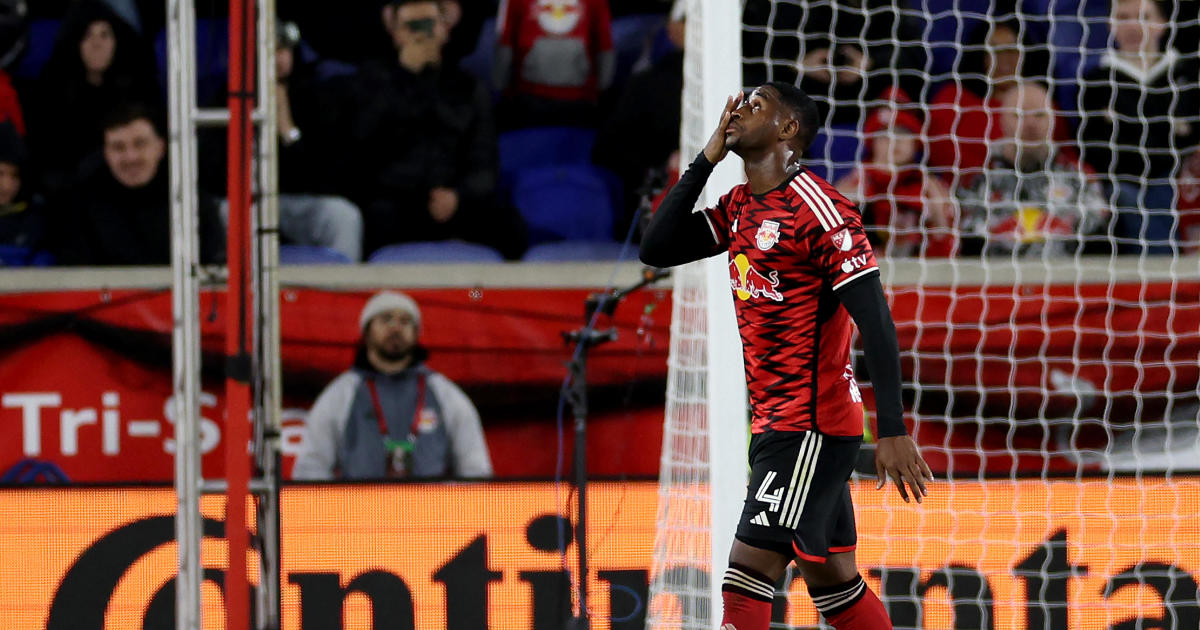Unlike NFL Lockout, NBA's Truly Jeopardizes Season
Minnesota Timberwolves forward Anthony Tolliver was watching back in March, when pro football players such as Tom Brady and Drew Brees announced they were disbanding their union and suing the NFL under antitrust law.
"We'll see how the next steps go," Tolliver said at the time. "Hopefully we'll learn from them."
Well, now it's time to find out what Tolliver and his peers picked up. He's one of a handful of basketball players, including All-Stars Carmelo Anthony and Kevin Durant, who filed class-action antitrust complaints against the NBA in federal court during the past week.
That could lead to a dragged-out legal process or — as happened with the NFL's labor dispute — wind up bringing the sides back to the negotiating table.
"We've seen every twist and turn, and I imagine we'll see many more. Hopefully a settlement can be reached, relatively quickly, and the (NBA) season can be saved," said Jeffrey Kessler, outside counsel for both the NFL and NBA players' associations. "That would be the best result for everyone, to have a litigation settlement now."
The NBA's lockout came swiftly on the heels of the NFL's, already has lasted longer, and there's one significant difference: Football's labor dispute resulted in the loss of only a single exhibition game, while the NBA is on its way down the path toward a shortened regular season — if one is played at all.
NFL Commissioner Roger Goodell spoke repeatedly about getting a deal done and keeping the season intact. When the most recent round of NBA talks broke off Monday, Commissioner David Stern spoke about a "nuclear winter" and said it appeared "the 2011-12 season is really in jeopardy." Tuesday was the first time players missed out on a twice-a-month paycheck because of the lockout; people who work at an NBA arena or a nearby bar or restaurant already began feeling lighter in their pockets last month, when preseason games began getting wiped out.
"This lockout doesn't just hurt players. It hurts workers. It hurts cities. It hurts people who really need the income provided by the NBA," Kessler said. "But what people have to keep in mind is that the players don't want this lockout."
For the time being, the only chance to see All-Stars such as LeBron James or Dwight Howard in action is to catch one of the player-organized games for charity. Unless, that is, some of them follow through on opportunities to play overseas: Kobe Bryant was in contact with a team in Italy; Dwyane Wade authorized his agent to listen to viable offers.
NFL players didn't have that international option, of course.
Both leagues' labor problems began, at their heart, as arguments over how to divide billions of dollars in revenues — about $9 billion for the NFL, $4 billion for the NBA — but also over how to change the rules governing player contracts and free agency. Both featured acrimonious dialogue in public. Both bothered fans who couldn't understand why it was so hard to find common ground.
"The NFL owners and players had time to let the legal battle play out," said Gabe Feldman, director of the Sports Law program at Tulane. "The NBA owners and players don't. This has to be a quick legal strike and, unfortunately in our litigation system, there aren't many opportunities to get a quick legal strike."
The two disputes' timelines:
— After 16 days of negotiations overseen by federal mediator George Cohen, the NFL Players Association announced it was dissolving on March 11, hours before the old collective bargaining agreement expired as a result of the owners' having opted out of the deal. That day, Brady and others sued. As the calendar changed to March 12, the owners imposed the lockout, creating that league's first work stoppage since 1987. There were nearly five months to go until the first preseason game on Aug. 7 (the only one that eventually was wiped out) and nearly six months until the start of the regular season on Sept. 8. After legal proceedings began, with some wins and losses for both sides, discussions with a different mediator led to progress and, eventually, the NFL's new, 10-year CBA was signed Aug. 5.
— The NBA owners had an option to extend their CBA for one year but allowed it to expire on June 30, and imposed a lockout as the calendar turned to July 1, saying they lost of hundreds of millions of dollars in each season of the old deal and needed to fix things. The league and union accused each other of bargaining in bad faith. They said they were far apart philosophically and financially and didn't meet again until Aug. 1. With not enough progress made, the league began postponing the Oct. 9 start of the preseason on Sept. 23; by Oct. 11, the Nov. 1 start of the regular season was being pushed back. Here we are, more than two weeks past that date, and there's no indication when the sides might be back in a room together.
NBA players announced Monday they were rejecting the league's latest offer and disclaiming interest in their union — and, no longer governed by labor law, would sue under antitrust law, something they did Tuesday in California and Minnesota.
But it was the NBA that first went to federal court, filing a complaint Aug. 2 in New York, saying the players were threatening to dissolve their union. At the time, Stern told The Associated Press that players were "preparing to use the same strategy that the NFL — who uses the same lawyer — used."
That would be Kessler, the top negotiator for both sports' players, and he's hardly the only familiar face. Cohen, for example, tried mediating between the NBA and basketball players, too, but couldn't help them get a deal done, either.
Kessler recently was joined on the NBA players' legal team by David Boies, who gained fame representing Al Gore during the recount fight in the disputed 2000 presidential election — and, it so happens, was one of the lawyers who opposed Kessler only months ago while working for the NFL.
A lawyer who helped Boies defend the NFL against the antitrust claim filed by Brady and others, former U.S. Solicitor General Paul Clement, is now working for the NBA. And a firm that represented NFL owners during their lockout, and NHL owners during their lost-season lockout, is working for NBA owners, too.
Asked to compare the NFL and NBA situations, Clement said in a telephone interview: "If anything, it may be that in the NBA case, it's even more transparent that the NBA players' supposed disclaimer is only designed to achieve a more favorable result in collective bargaining. One thing I think that's true in both cases is that no one thinks that the union is gone forever or that the collective bargaining is really over at the point of the disclaimer. Right now, with the NBA, that should be clear."
Later, he added: "It's not like a light switch. You can't run from the bargaining table, flip the switch, and say, 'All right, we're not a union anymore.'"
The players say Stern issued a "take-it-or-leave-it" offer last week, leading to the end of talks; in private conversations, the league disputes the characterization of the most recent proposal as a hard ultimatum.
Here's what the sides do agree about: They were pretty much ready to settle on a 50-50 split of revenues — with the players giving up the 57-43 guarantee they had under the old CBA, and the owners giving up the idea of reducing the values of existing contracts — but could not get on the same page when it came to how the contract system would work.
"All the pundits were saying (about the NFL) ... 'when they get close to losing the games and the season, there will be a deal.' And lo and behold that happened," NBPA head Billy Hunter told the AP. "Unlike our case. We're trying, but the owners have decided all along not to negotiate."
Clement's response?
"To say, 'Well, I really didn't like the way the other side was behaving at the bargaining table and therefore I'm going to disclaim and file an antitrust lawsuit so I have better leverage to get a better-negotiated agreement at the end of the day,' is really kind of a non sequitur and the law is pretty clear that kind of maneuver is just invalid."
The last time NBA owners locked out players, Stern and Hunter barely beat an early January 1999 deadline to cancel the entire season, using an all-night bargaining session to salvage 50 of 82 games.
So it can be done.
But, as Tulane's Feldman put it: "The clock is ticking."
"Both sides know the litigation can't play all the way through in time to save this season — or maybe even next season," he said. "The players have lost control of the situation. It's given over to the courts. So there's more urgency to negotiate."
___
AP Basketball Writer Brian Mahoney and AP Sports Writers Jon Krawczynski and Rachel Cohen contributed to this report.



